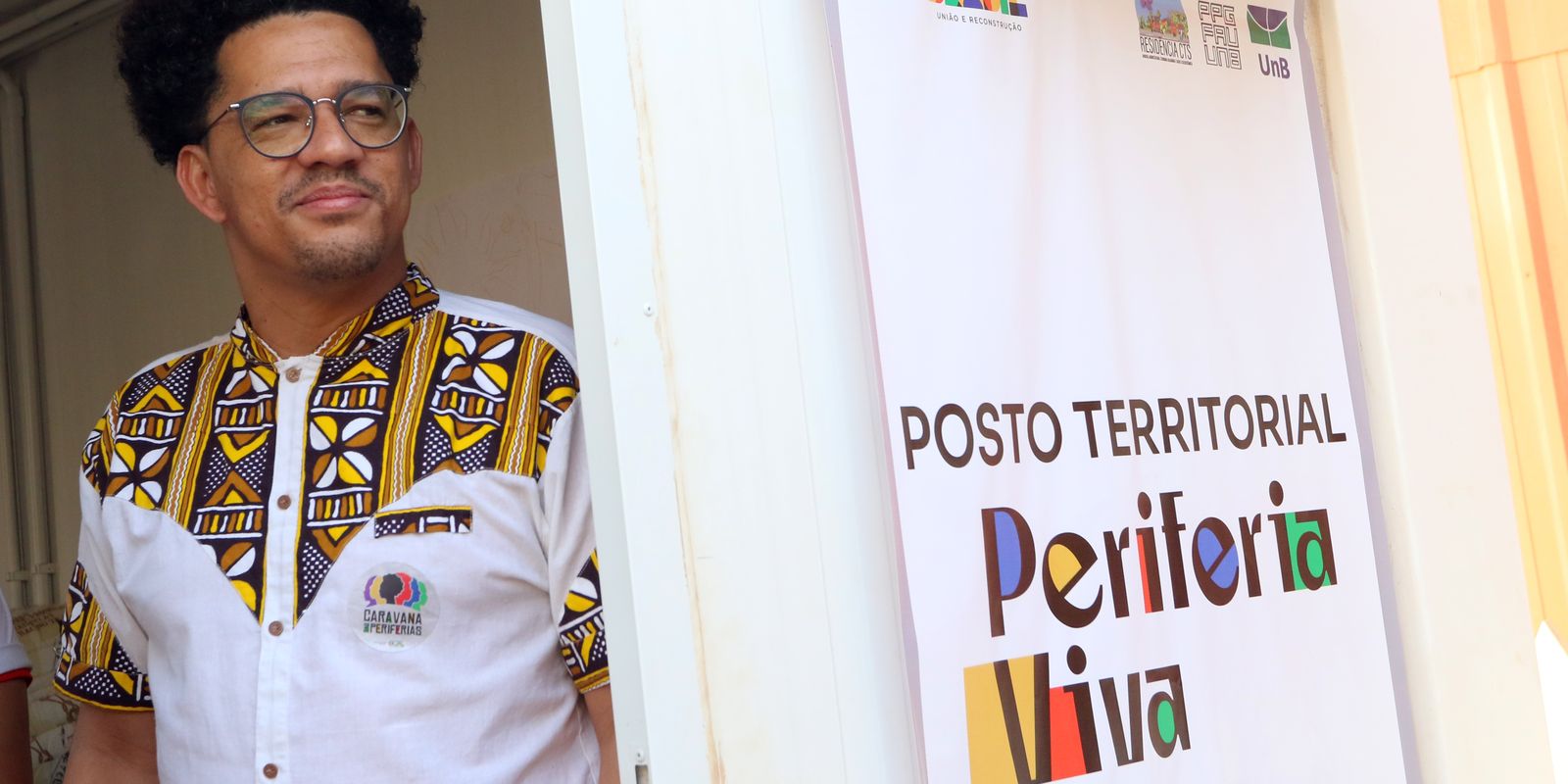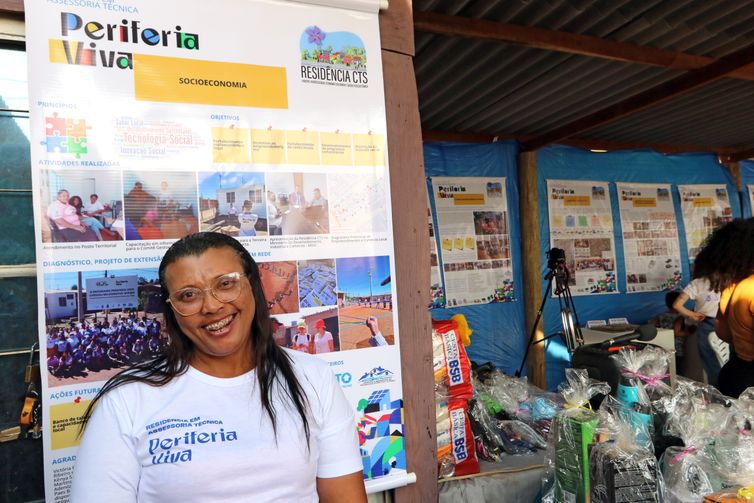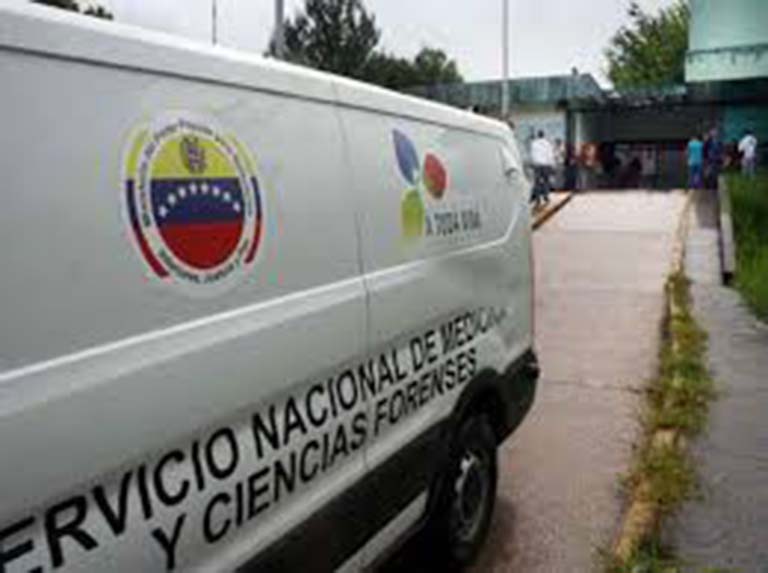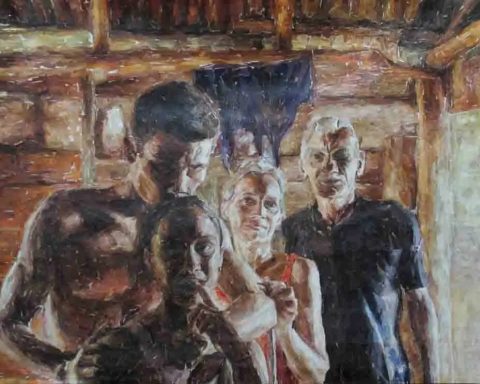A partnership between the federal government and the University of Brasília is seeking to bring more citizenship to the outskirts of cities. After almost a decade of struggle, the Dorothy Stang Settlement, located in Sobradinho, in the Federal District, is beginning to see progress in the recognition of rights: with approximately 700 families, the settlement will receive an investment of R$2.5 million for infrastructure improvements. 
The project is an initiative of the National Secretariat for Peripheries of the Ministry of Cities (SNP) and has a partnership with the Postgraduate Program of the Faculty of Architecture and Urbanism of the University of Brasília (FAU – UnB).
A territorial post will be a support point for mobilization, participation and coordination actions between the technical team, social work, public authorities and the population, facilitating the initiatives provided for in the Action Plan.
According to the Secretary of Peripheries, Guilherme Simões, the action expresses the resumption of federal government investments in these territories. “Our goal is to bring urban infrastructure, linked to other public policies, to these territories through the Periferia Viva Program,” highlights Simões.
The project has a management committee made up of 12 members (8 women and 4 men), in addition to volunteers who participate in mobilizations and share the management of the territory.
Resident and member of the management committee, Kênya Santos de Abreu, 36, says that insecurity still haunts the community. “The police only come here when there is an incident, a shooting, something like that, other than that, no. (…) We even made this request, that there be a police station, we agreed to let it be here inside (the space), but it was not met.”
Professor and researcher Liza de Andrade also works in the FAU/UnB Postgraduate Program, and explained that the choice of location was based on the history of the community: “When they occupied the area, there was nothing, not even a small wooden house, and they kept building. This place has always been the plenary session, and decisions have always been made here. We wanted to keep this “heart”, this memory, transforming it into a symbolic space for the territorial post and the plenary session.”
Resident Luciene Xavier Bahia, 47, mentions improvements made to the community with the support of the program. “From here in the community, they put in water, they put in electricity. This is wonderful. We had water, but sometimes we would go three days without it. Now we have normal water.”
The settlement is named after American Catholic missionary Dorothy Stang, of the Congregation of the Sisters of Notre Dame de Namur and the Pastoral Land Commission (CPT). Dorothy Stang opposed illegal forest exploitation and was murdered in 2005 in Anapu, Pará.
* Intern under the supervision of Marcelo Brandão.



















